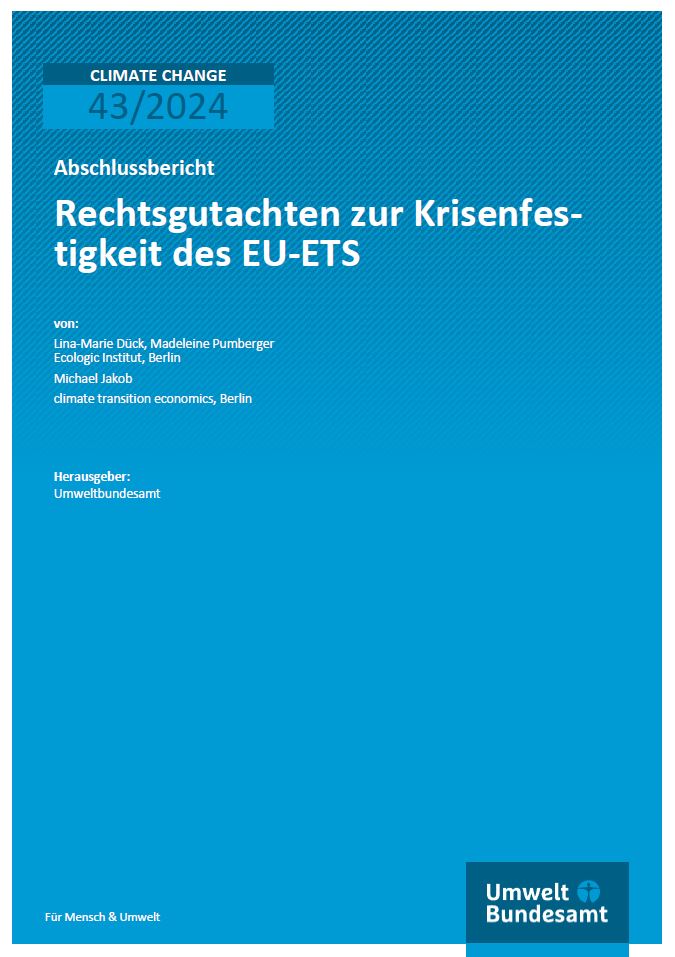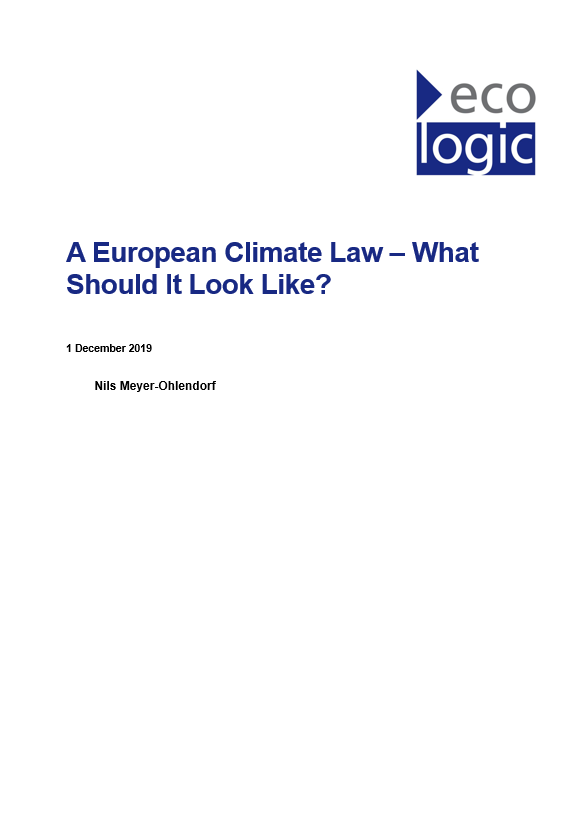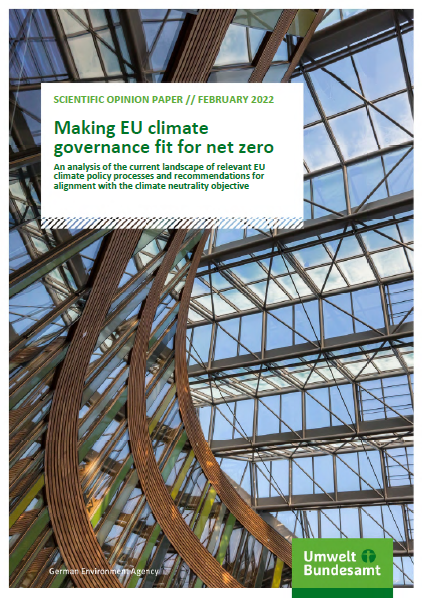3844328| pixabay.com
The Covid-19 pandemic and, most recently, the war that has erupted in Ukraine have shown that such crises can have a major impact on European emissions trading. This raises the central question: Can and must the European emissions trading system become more crisis-proof?
In the present project, concrete crisis scenarios are developed that could put a strain on the European emissions trading system (EU ETS). This is followed by an analysis of the possibilities that the existing laws and regulations offer for reacting to such crises. The further aim of the project is to show ways to improve the handling of crises within the trading system.
Background
Climate targets have been significantly tightened at the European and national levels in 2021. Most notably, the new European climate law sets the goal of greenhouse gas neutrality by 2050. Ambitious measures are required to achieve these ambitious goals. Efficient European emissions trading plays a central role in this context. This is demonstrated not least by the EU Commission's "Fit for 55" package from July 2021, a large part of which is made up of reform proposals for a renewal of the Emissions Trading Directive and associated legal acts. Since external crises such as the Covid-19 pandemic can have a strong impact on emissions trading and its efficiency, they also indirectly jeopardize the achievement of the ambitious climate goals.
Analysis of the status quo, crisis scenarios and redesign of the EU ETS
This raises the question of how the EU ETS can or, rather, should deal with a global or European crisis. With a view to relevant crisis scenarios, the need for a more crisis-proof (re)design of the legal framework is already becoming apparent. This also makes it necessary to analyze different options for action. At the same time, the question arises as to whether and with which instruments crises could be used as an impetus for further developing the emissions trade and promoting the decarbonization of industry.
A legal opinion that also takes economic implications into account can provide initial answers.
The assessment focuses on the following topics:
- Development of crisis scenarios relevant for the EU ETS, such as significant inflation, an economic downturn, or possibly an import stop for gas from Russia,
- Existing and planned legal bases for dealing with crises,
- Design options and their legal feasibility,
- Opportunities for government support, taking into account EU state aid law.







